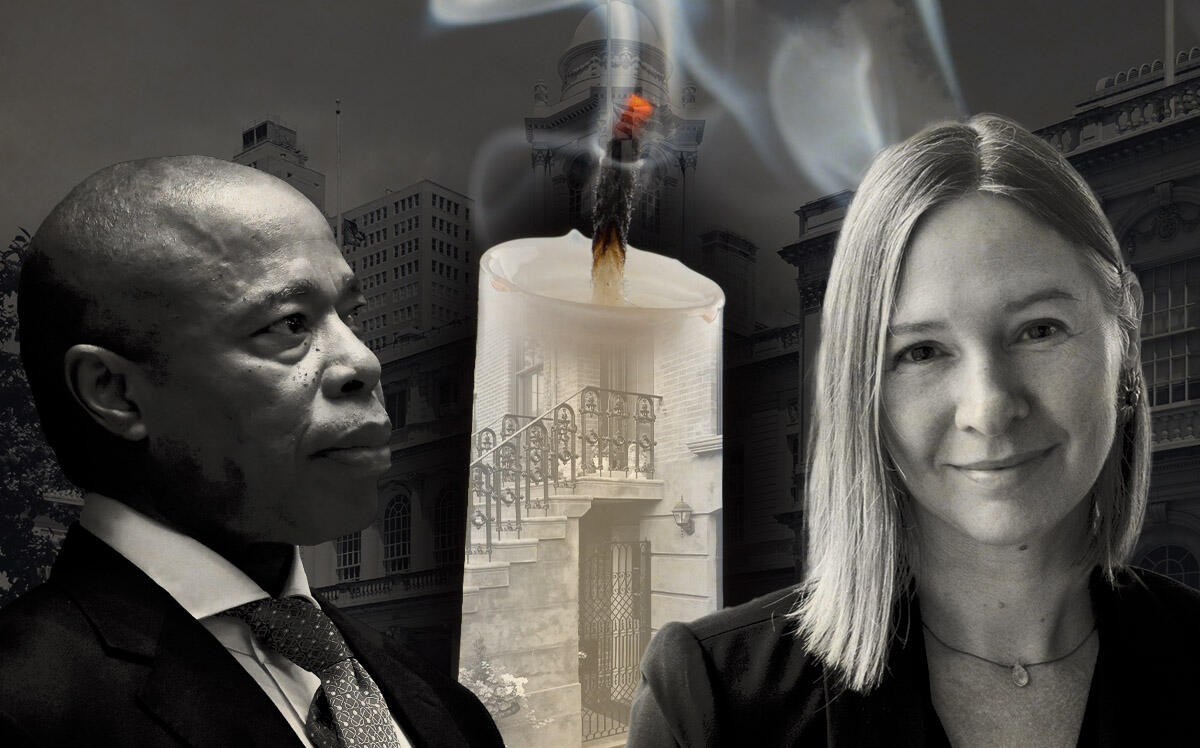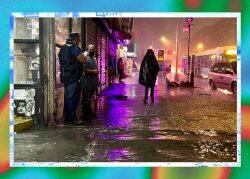State legislators left basement apartments out of their budget proposals, but two Manhattan Democrats have pitched a new path to legalization.
Sen. Brian Kavanagh and Assembly member Harvey Epstein on late Wednesday amended their bill to let New York City create an amnesty program for owners to rent out their currently illegal basement and cellar units, “provided that health and safety are protected.”
Under the bill, the city would have to include eviction protections and limitations on rent increases. Also, tenants evicted or removed from units for renovations would get first dibs on renting the legalized apartment.
But unlike another measure, the bill does not specify that good cause eviction be a condition of legalizing accessory dwelling units.
The details of such restrictions could make or break such a program, given the challenges owners already face in bringing such units up to code. Still, the state measure aims to remove obstacles created by the Multiple Dwelling Law, something city officials argue is necessary to address the tens of thousands of illegal subterranean apartments.
Restrictions under that law can drive the expense of converting basement units up to as much as $500,000, according to city estimates. A pilot program launched by the city in 2019 to legalize basement units in East New York fizzled, in large part because of zoning restrictions and the cost of conversions.
The new version of the state bill provides more details on how the city should structure a loan and grant program for owners of buildings with up to four units. It also calls for public financing to reduce interest on private loans for unit conversions.
The measure places more emphasis on the city maintaining stringent fire safety and building codes.
“I think it is important to think about the basement apartment conversation as a safety conversation,” Kavanagh told TRD.
A dozen New Yorkers drowned in flooded basement apartments during Hurricane Ida, renewing calls to fix the problem and encourage underground tenants to report unsafe conditions. The Pratt Center estimates that 300,000 to 500,000 people live in basements and cellars across the five boroughs.
Basements are partially above ground level, and cellars are entirely below it.
Lawmakers believe that the state bill would create a pathway for 50,000 units to be brought up to code.
Read more



